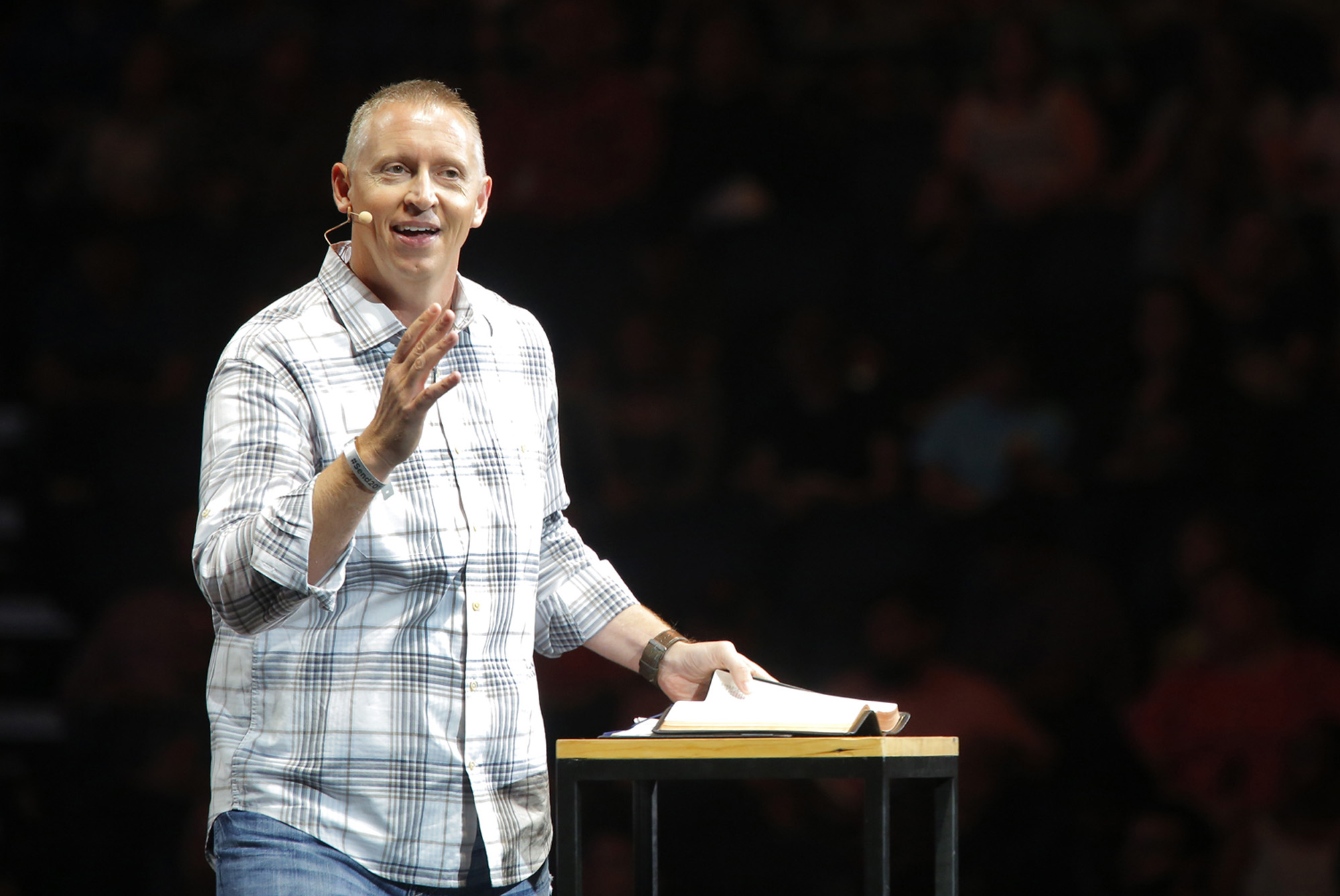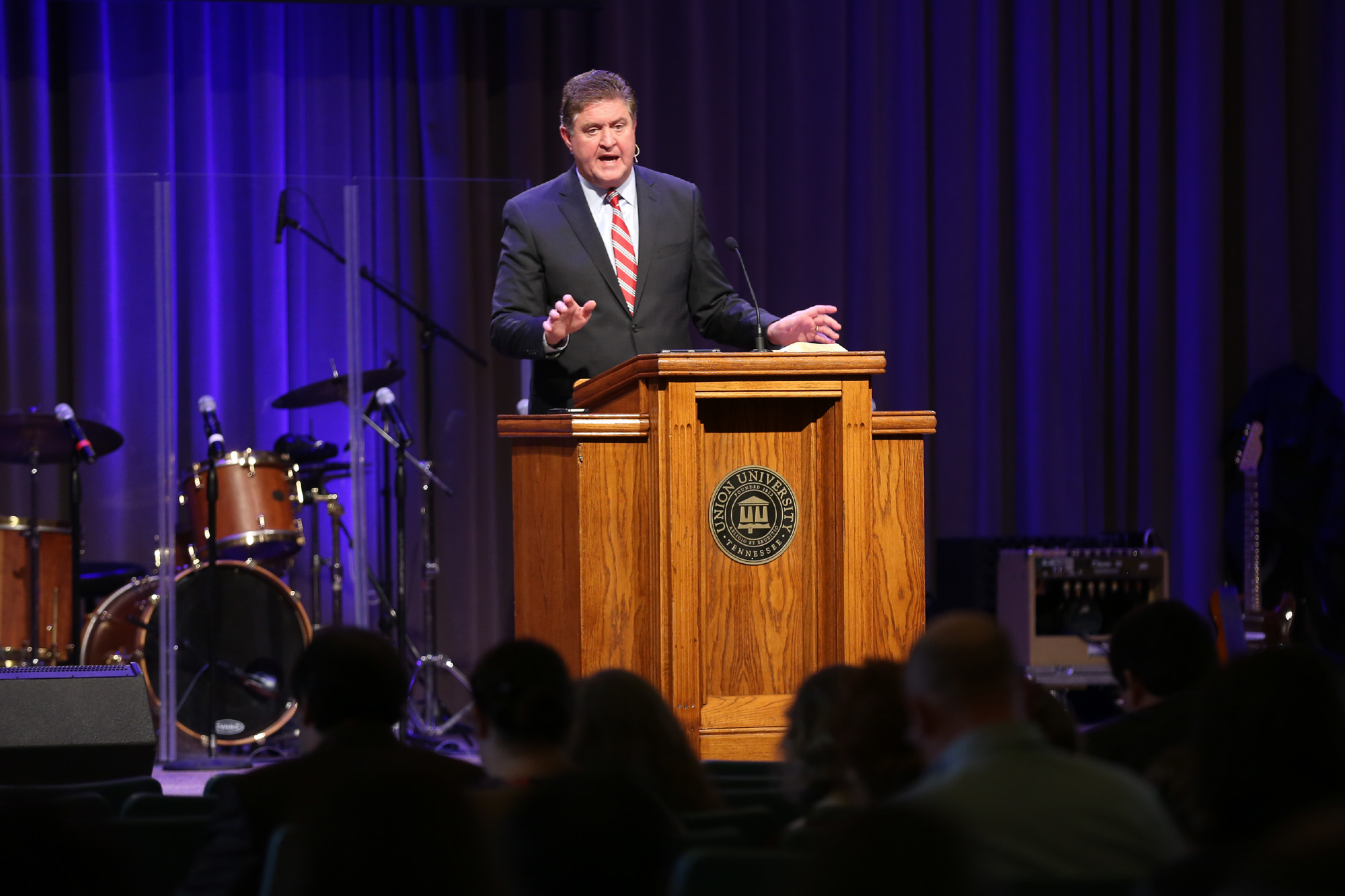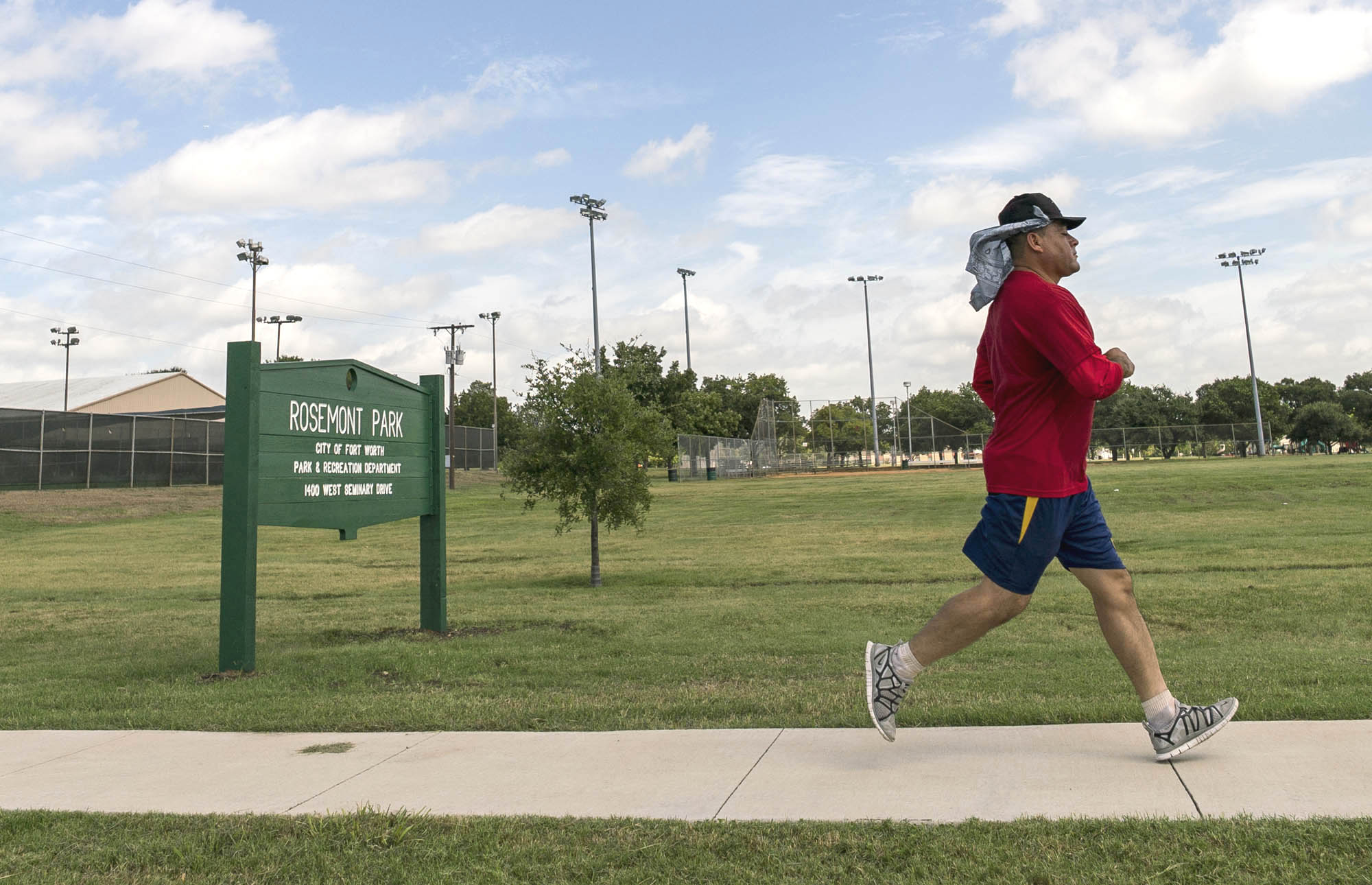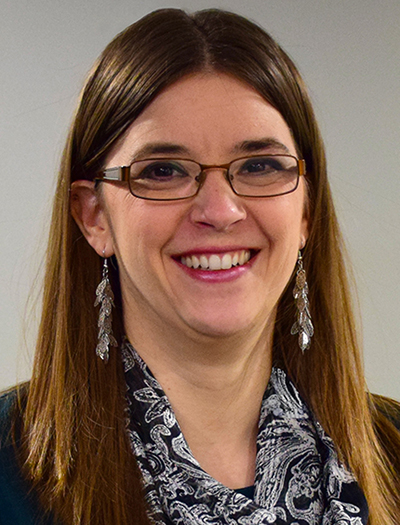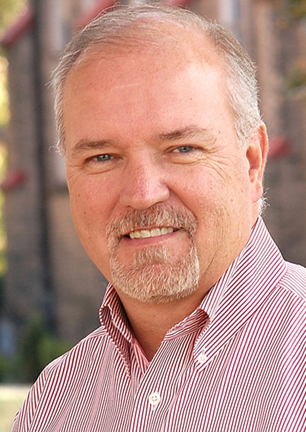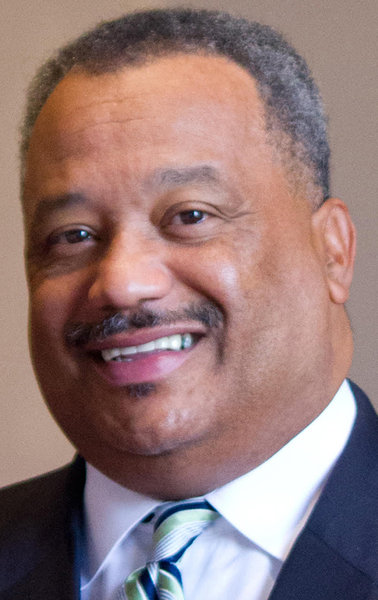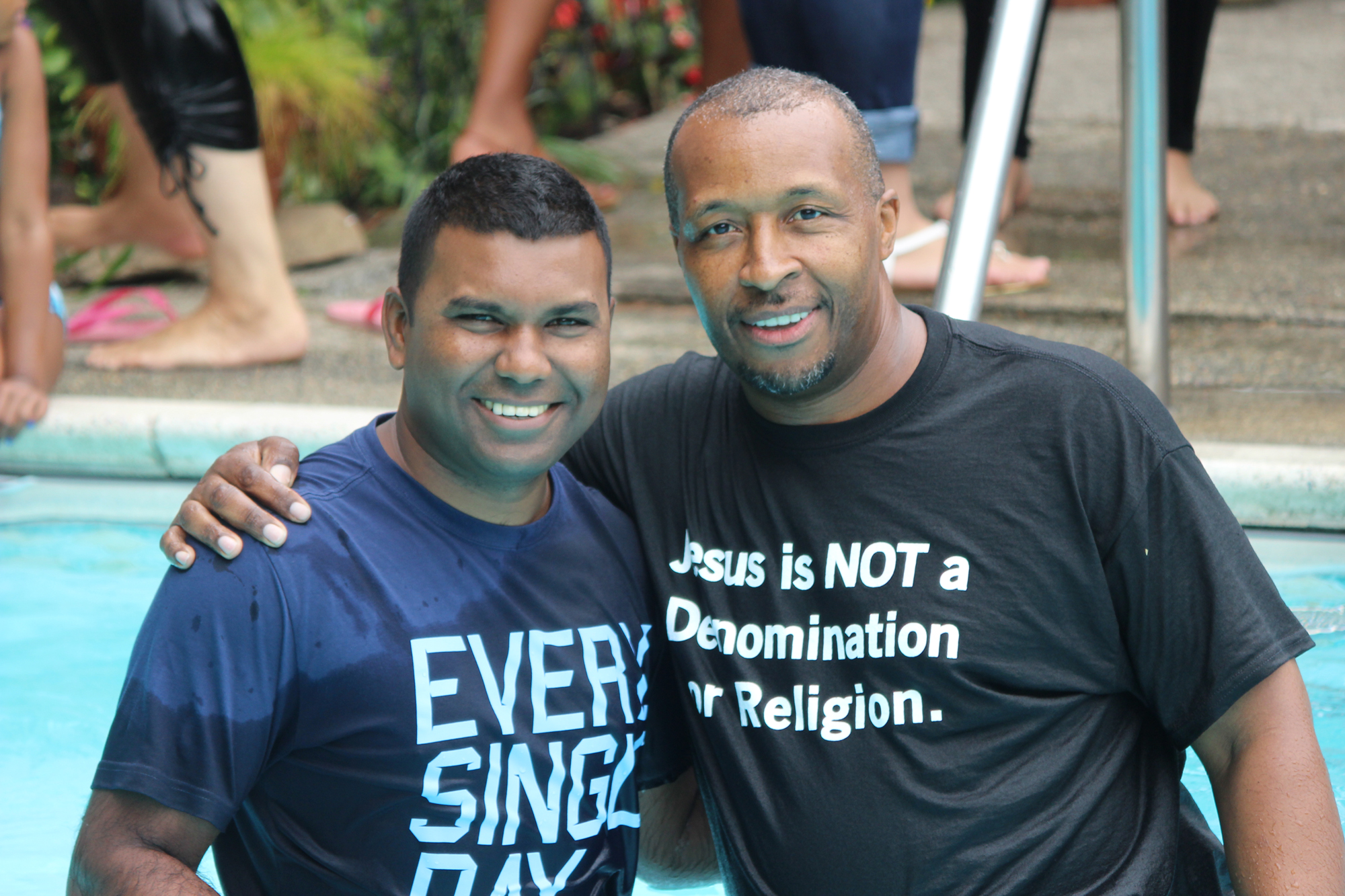
One-hundred twenty. Vance Pitman wants Southern Baptists of Texas Convention churches to understand two significant things about that number: it’s the size of the crowd that took Jesus seriously when He first delivered His mission, and the size of the average SBTC church. In fact, a majority of churches affiliated with the state convention have an average attendance of 120 or fewer.
“The size of the church does not determine its significance. The size of the mission determines its significance – and the mission is big,” said Pitman in an interview with the Southern Baptist Texan. Pitman is founding pastor of Hope Church in Las Vegas and new president of the North American Mission Board’s Send Network. “Whether your church runs 10 or 10,000, both have the responsibility for the same mission, which is to locally engage their city with the Gospel and globally engage people and nations with the Gospel.”
Accepting the NAMB post means Pitman will have to resign from Hope Church, where he has served since its founding in 2001. What started as 18 adults meeting in a living room has, in the two decades since, become a thriving multiethnic, multigenerational congregation 4,000 members strong. Those members represent more than 50 language groups that have planted more than 75 churches.
Every church can join in God’s mission, Pitman said, but in many cases, a shift in mindset might need to happen. Not only do many smaller churches often feel they do not have the resources to make a kingdom difference, but many followers of Jesus feel like evangelism is reserved for only the specially-trained “special ops people” in the church.
The shift is a subtle but critical one that essentially begins and ends with understanding the difference between living “for” Christ – a common phrase used among believers in churches – and allowing Christ to live “through” you, Pitman said. Living “for” Christ may lead to the development of a list of behaviors that someone should do or not do. Allowing Christ to live “through” you requires a surrender that opens the door for the Holy Spirit to ignite something in your life that only He can do.
“Evangelism and missions is not the highest realm of spiritual service” reserved only for a special class of people in the church, Pitman said. “It’s simply the overflow of Christ in us living His life through us. So if I’m not engaged in missions and evangelism, it’s really not a missions and evangelism issue. It’s an issue of Christlikeness in my life being fleshed out.
“[The first followers of Jesus] didn’t have influence. They didn’t have resources. They didn’t have money. They didn’t have education. They didn’t have societal prestige. They had none of that. But what they did have is Christ in them and the empowering of the Holy Spirit manifesting the life of Christ through them – and so every one of them embraced the mission personally. Every one of them embraced [the command] that ‘you will be my witnesses.’”
Planting a Southern Baptist church in Las Vegas had its challenges. When they arrived in Vegas to plant, Pitman said, studies revealed the city was 95 percent non-Christian and 60 percent non-religious. “Which meant I could send out mailers all day long and nobody was looking to go to church,” he said.
So the planting team’s initial strategy was to “cultivate the field with prayer” by prayer-walking 50,000 households and praying through the Las Vegas phone book. At the same time, Pitman and his team combed through the scriptures for a discipleship strategy to employ once the Lord brought a harvest of people. Ultimately, the scriptures showed those leaders that Jesus had three types of interactions in the Gospels – with the Father, with His disciples, and with unbelievers. For Hope Church, that translated to a strategy where every follower of Jesus was encouraged to do the same: abide, connect and share.
The next steps included finding needs in the community that the church could meet and encouraging members to build genuine relationships with people who were far from God. The Lord honored the effort. Pitman said the first 13 families he led to Christ happened through relationships he built coaching Little League. In another instance, the church learned that a school in its community had not been renovated in 30 years. So the congregation combined some financial resources with in-kind donations and hundreds of volunteers to renovate the school over a three-month span.
“By the time we were finished, I had a principal who was living an alternative lifestyle asking me for a stack of my business cards and saying, ‘I have got families in my school that I don’t know how to serve because they have real brokenness in their homes,’” Pitman said. “That principal told me, ‘I didn’t know people love schools like this anymore.’”
Some years later, Pitman had the opportunity to minister to that principal as he lay in a hospital bed dying. “He said he’d had faith years ago but re-surrendered his life to Christ right there in that hospital bed and then died two weeks later. But that happened because we found a need that needed to be met and we met that need. We did something the community valued, and it opened up doors for Gospel conversations beyond anything we could have imagined.
“We’re not a holy huddle in the midst of a dying world. We’re an army that’s been sent out to accomplish a mission that is so much bigger than us. The reality is, God’s alive and at work in the world and he’s invited us to get in on it with Him.”
